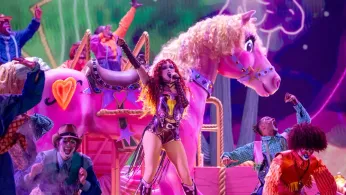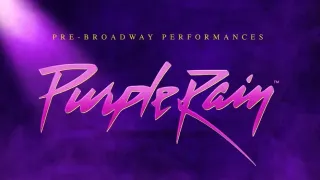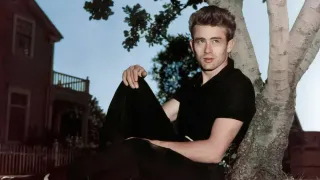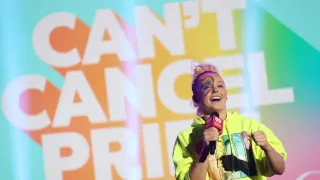
7 hours ago
Sydney’s Pink Pony Club Faces Backlash Over Targeting "90% Gay Boys"
READ TIME: 3 MIN.
Sydney’s storied Oxford Street—a historic heart of the city’s LGBTQ+ nightlife—is preparing to welcome a new club: the Pink Pony Club. Developed by Kevin Du-Val, owner of the iconic Palms, and his business partner Michael Lewis, the venue is taking over the site of the former Two 3 One club. The Pink Pony Club’s launch has garnered attention not just for its ambitious plans, but also for the pointed backlash over its branding and approach to community inclusivity .
Pink Pony Club is being marketed as a space predominantly for “gay men aged 18–35,” with the owners openly stating their intent to design the club’s music, atmosphere, and experience around the tastes of this demographic. Entry prices will range from $15–$25, with each floor hosting its own DJ and dance style. While the club will open three nights a week initially, there are plans to expand operations to six nights .
Kevin Du-Val, who has a long history in Sydney’s queer nightlife, emphasized that Pink Pony Club is “not doing anything miraculous; we’re doing what I like and what Michael likes, and that’s what the gay people like.” “Of course, the girls will be welcome. But it would certainly be our desire that it is predominantly gay boys, and when I say predominantly, I'm sort of talking 90 percent plus.” This focus on a specific segment of the LGBTQ+ community has drawn both support from some regular patrons of Oxford Street and significant criticism from others.
The most contentious aspect of Pink Pony Club’s launch has been its branding. The venue’s name and iconography closely resemble those used by a well-known lesbian artist, leading to accusations of appropriation and erasure. A petition circulating online argues that Pink Pony Club is “using the name and iconography of a lesbian artist’s art while trying to exclude non-gays from the club, alloting a measly 10% to non-gay men” .
The petition underscores the frustrations of many community members who feel that lesbian and non-gay identities are being sidelined or commodified in a venue that borrows from their culture without meaningful inclusion. Critics point out that, while many queer venues have historically been male-focused, the use of lesbian-associated branding without substantive inclusion is particularly problematic in 2024’s evolving LGBTQ+ landscape.
In response to the criticism, Pink Pony Club’s leadership has highlighted their own identities as gay men and their history of involvement in the community. Michael Lewis, who was recently promoted to CEO of Tuloch Pty Ltd (the parent company of both Palms and Pink Pony), emphasized the club’s ambition to create a new destination for Sydney’s queer nightlife, maintaining that “gay people understand gay people more than maybe some of the venues understand what they want” .
However, activists and artists argue that queer spaces must be both affirming and representative of the full spectrum of LGBTQ+ identities, including transgender people, lesbians, bisexual individuals, and others often marginalized within the broader community. The current controversy has reignited conversations about the need for dedicated lesbian and trans-friendly venues in Sydney, as well as the ethics of branding in the context of queer history and culture .
Oxford Street’s nightlife has long been a barometer for shifts within Sydney’s LGBTQ+ community. The rise and fall of venues, changes in ownership, and debates over inclusivity reflect larger trends in queer social life. While some community members welcome Pink Pony Club as a much-needed addition to the city’s gay nightlife, others warn that the exclusion of non-male and non-gay patrons risks undermining the solidarity and intersectionality for which queer spaces have historically fought.






